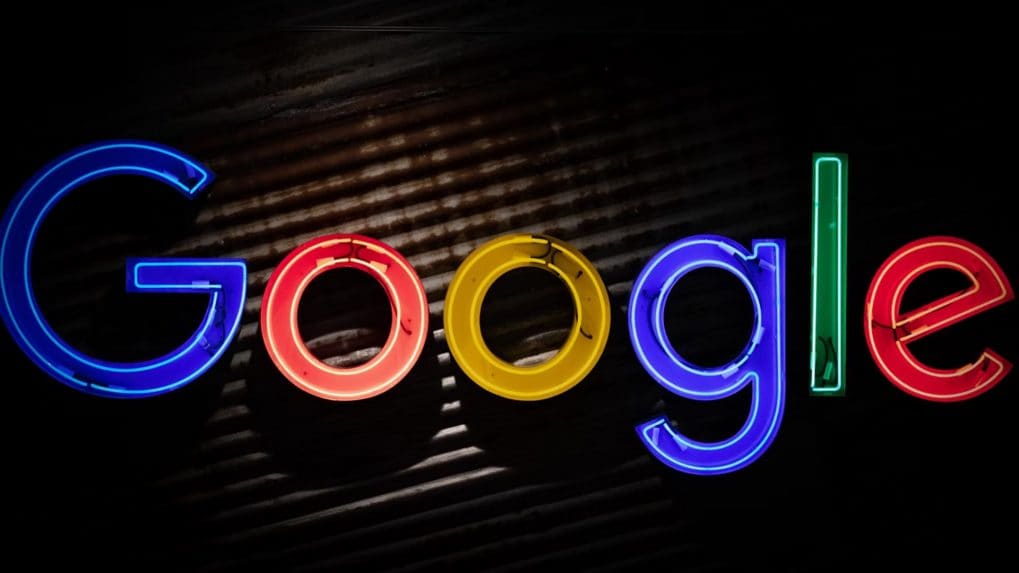How it Works
WPP, Havas, Omnicom: Are advertising’s biggest holdcos recasting agencies as AI Operating Systems?

Google Ads is updating its healthcare and medicines policy to allow contextual, non-promotional use of prescription drug terms. Starting October 29th, advertisers will be permitted to include prescription drug terms in ad text and landing pages—but only in limited, non-promotional contexts such as public health announcements, academic publications, or legal actions, according to media reports.
Under this change, ads referencing prescription drugs for informational or educational purposes may now be eligible for approval. Previously, such ads were automatically restricted.
However, Google’s policy on keyword targeting for prescription drug terms remains unchanged.
Advertisers in the U.S., Canada, and New Zealand must still hold the appropriate healthcare certification to target keywords containing prescription drug terms. This applies specifically to online pharmacies, telemedicine providers, and pharmaceutical manufacturers.
In all other countries, promotion of prescription drugs continues to be prohibited. Certified entities may use prescription drug terms in non-promotional ways only if permitted by local laws.
Google also emphasized that advertisers will receive a seven-day warning before any account suspension related to these policies.
From purpose-driven work and narrative-rich brand films to AI-enabled ideas and creator-led collaborations, the awards reflect the full spectrum of modern creativity.
Read MorePraveen Someshwar, Managing Director and CEO of Diageo India, joins the Grand Jury of the Storyboard18 Awards for Creativity, highlighting the awards’ focus on work that blends cultural relevance with strategic and commercial impact.